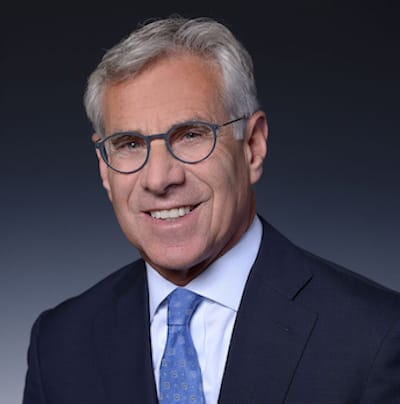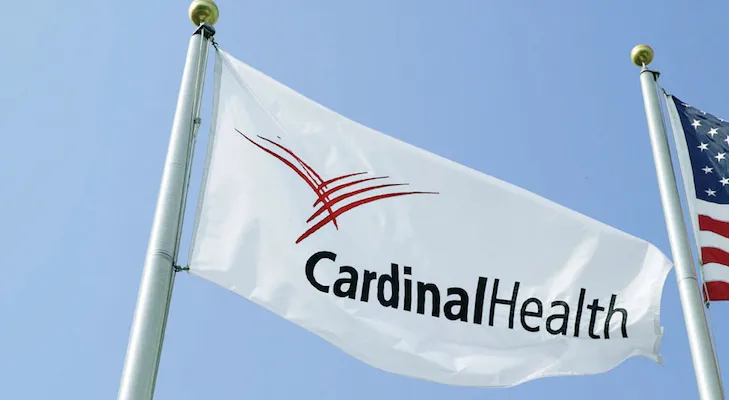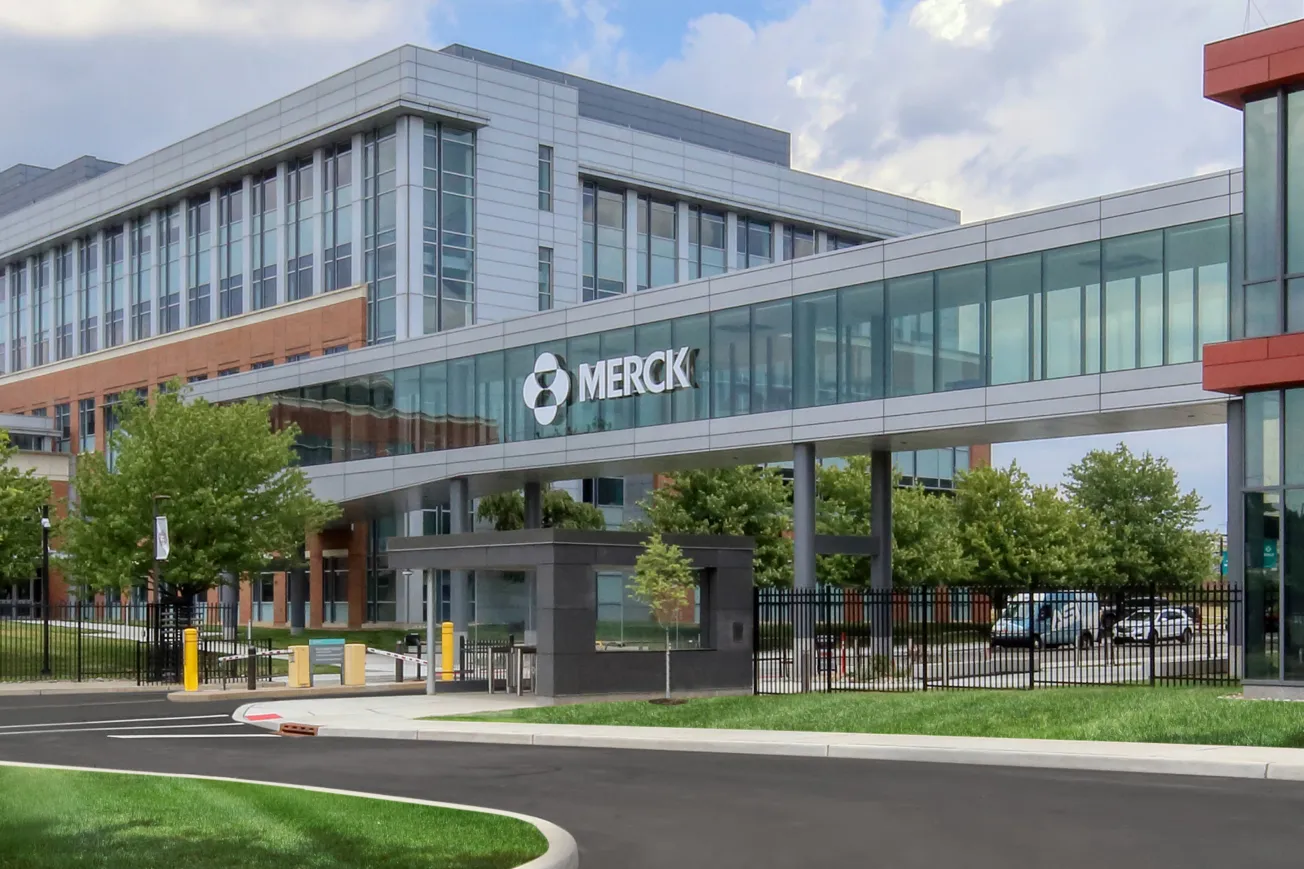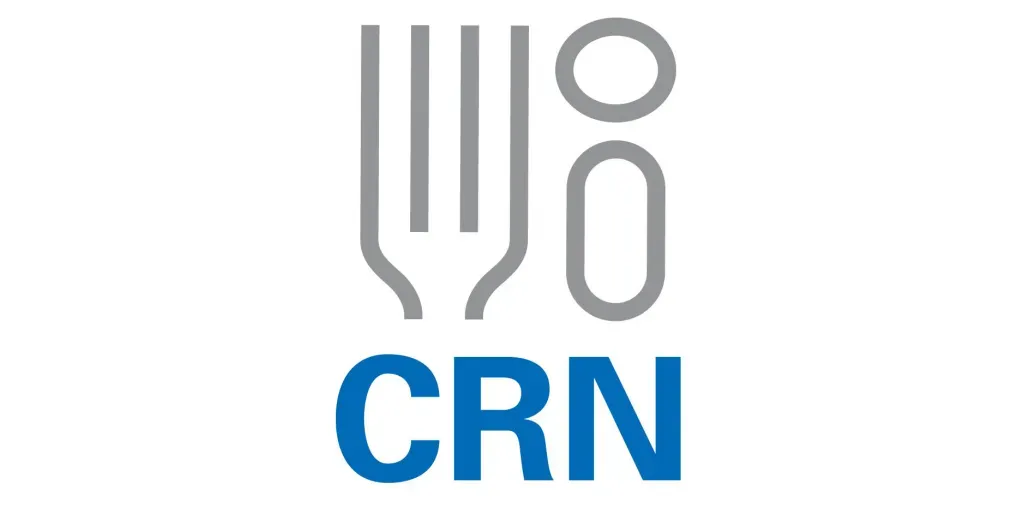DUBLIN, Ohio — Building on its efforts to fight the opioid abuse epidemic, Cardinal Health Inc. has launched an initiative targeting one of the nation’s hardest-hit areas.
Called the Opioid Action Program, the pilot will provide frontline tools to help thwart opioid abuse and support first responders the Appalachia region, including Ohio, Kentucky, Tennessee and West Virginia, Cardinal announced Wednesday.
Two components of the Cardinal Health Opioid Action Program will bolster local capabilities to deal with opioid overdoses and facilitate safe medication disposal, including controlled substances.

George Barrett
Cardinal plans to buy about 80,000 doses of the opioid overdose antidote Narcan Nasal Spray (naloxone HCI, 4 mg) for free distribution to first responders and law enforcement in Ohio, Kentucky, Tennessee and West Virginia.
In addition, the company said it will “significantly ramp up” its support of drug take-back programs and education. That will continue the efforts of the Cardinal Health Foundation’s partnership with the Ohio State University College of Pharmacy, which includes drug take-back events with local businesses and law enforcement in 13 communities across Ohio, Kentucky, Tennessee and West Virginia where the company has employees.
“Opioid addiction and abuse has harmed too many people in our home state of Ohio, across Appalachia and around the country. The men and woman of Cardinal Health are committed to being a part of the solution, and we believe our Opioid Action Program will have a meaningful and positive impact,” George Barrett, chairman and CEO of Cardinal Health, said in a statement.
“This program is intended to build on the important work we have done over the years to bring more resources to communities that need them, with a focus on known solutions that will help families and communities combat this epidemic,” Barrett explained. “We look forward to partnering with other companies and organizations to leverage our commitment to help solve this complex public health crisis.”
The Cardinal Health Opioid Action Program also will invest $3 million to increase grants focused on youth prevention education, prescriber opioid awareness and reduction efforts and community responses to the opioid crisis in the four Appalachian states. Cardinal, too, said it will partner with Warren Alpert Medical School at Brown University to share medical school curricula that addresses opioid misuse and treatment via a collaboration with medical schools in Appalachia and nationwide.
“We have worked with the Cardinal Health Foundation to develop and expand Generation Rx and its educational materials and programming for nearly 10 years. I am proud of the work we have done together to reach and educate people of all ages about the hazards of prescription drug misuse,” stated Dr. Ken Hale, clinical professor of pharmacy practice and science at the Ohio State University College of Pharmacy. “The Opioid Action Program is a major expansion of the existing Generation Rx program and will enable our educational materials to reach even more people in communities that are fighting the opioid epidemic.”
Cardinal said that down the road it will assess the pilot program’s impact and look to expand it to more states and communities, as well as seek additional partners to support programs to prevent drug addiction. The company noted that since the inception of Generation Rx almost a decade ago, the Cardinal Health Foundation has invested millions of dollars and reached more than 1 million people via partnerships and grants with nonprofits around the country.
“Combining multiple evidence-based approaches and using them simultaneously can help turn the tide of the opioid epidemic,” commented Dr. Nick Hagemeier, associate professor at the East Tennessee State University Gatton College of Pharmacy and research director for the school’s Center for Prescription Drug Abuse Prevention and Treatment. “Cardinal Health’s Opioid Action Program does just that by expanding their work in prevention education and provider education, donating life-saving Narcan and increasing support for community drug take-back events.”






